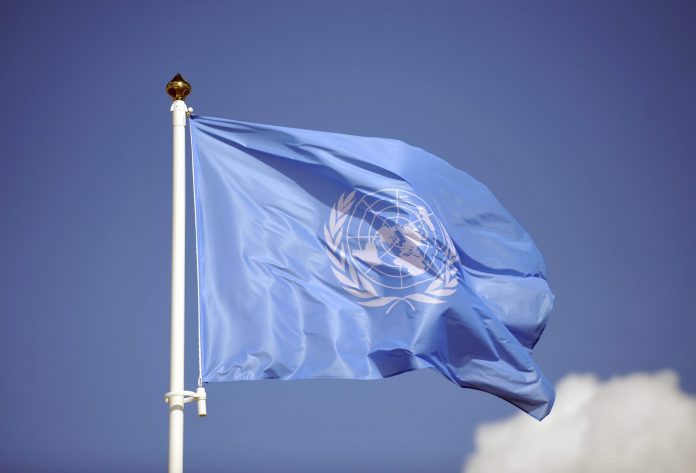
Switzerland announces that they will abstain from signing the Migration treaty of the United Nations this time, thereby they follow suit with other countries rejecting the ambitious plan of the United Nations.
The Swiss government say that they will «postpone a final decision till after the parliamentary debate» in their country. Consequently, when the countries of the United Nations meet in Morocco on 10 December to finish the treaty it takes place without the Swiss signature.
The Swiss reluctance to signing is a setback to the country’s delegate to the United Nations, Juerg Lauber; he is one of the two foremost negotiators fronting the treaty. Several Swiss opposers of the treaty fear that the non-committal political aims in the long run might become legally binding.
Already, the USA, Austria, Bulgaria, Croatia, the Czech Republic, Estonia, Poland, Israel and Hungary rejected the treaty. The President of the General Assembly, Maria Fernanda Espinosa, says she understands that some countries are not ready to oblige to such a treaty; however, she hopes they can be convinced.
– Migration is a transboundary phenomenon to be commonly handled, she says.
The Migration Treaty concerns migrants only and not refugees. It aims at directing migration and strengthens the rights of migrants. The treaty obliges to neutralise the reasons for migration, such as climatic changes and poverty.
The mot debated item in the treaty is the demand to signing countries to receive, arrange for, and employ migrants. Several of the countries abstaining from signing, have opposed the above mentioned item and stated that it threatens the countries’ autonomy and sovereignty.
(©NTB)
Translated to English by Lars Hoem

